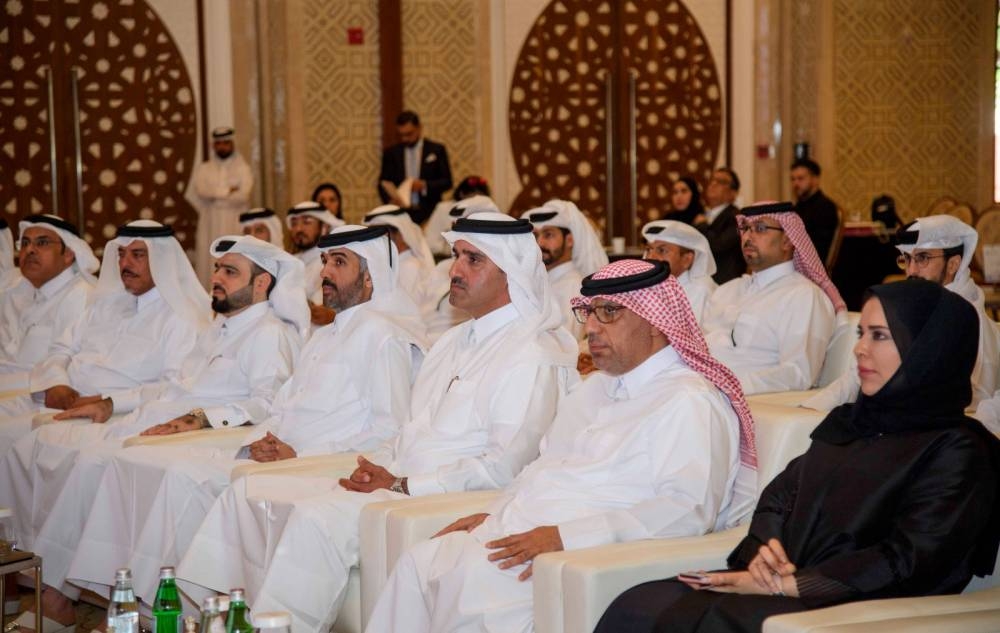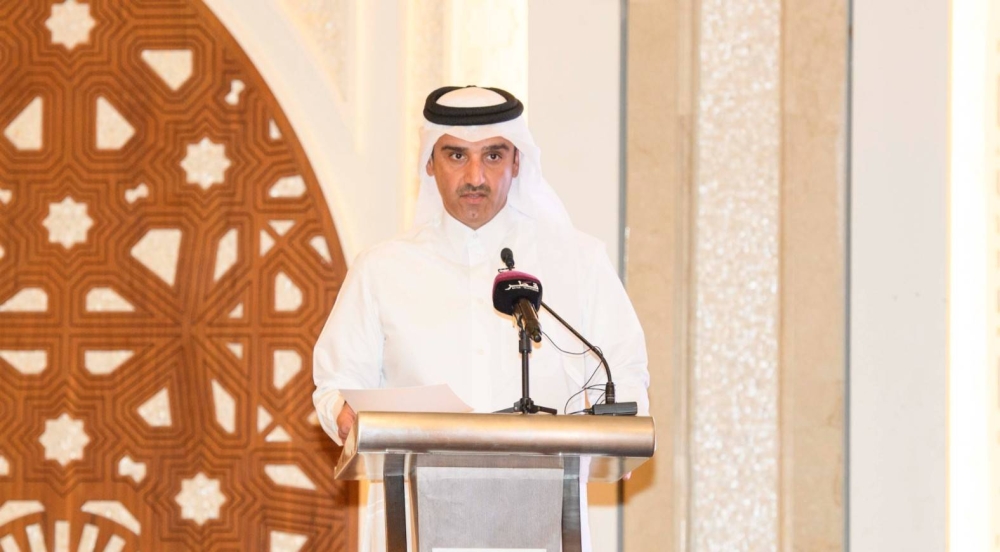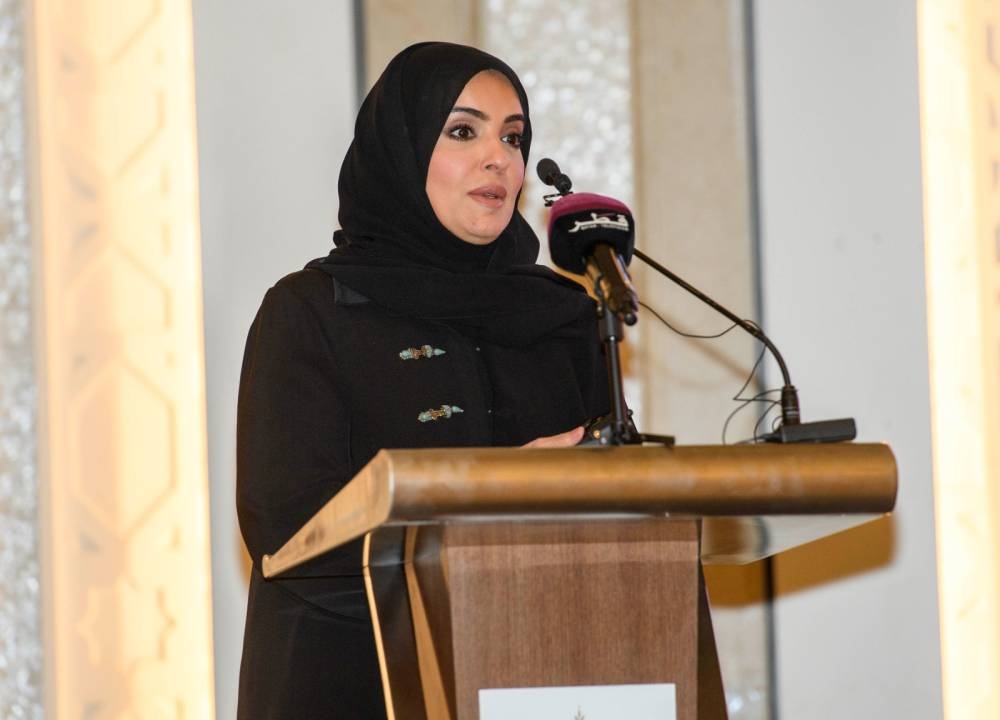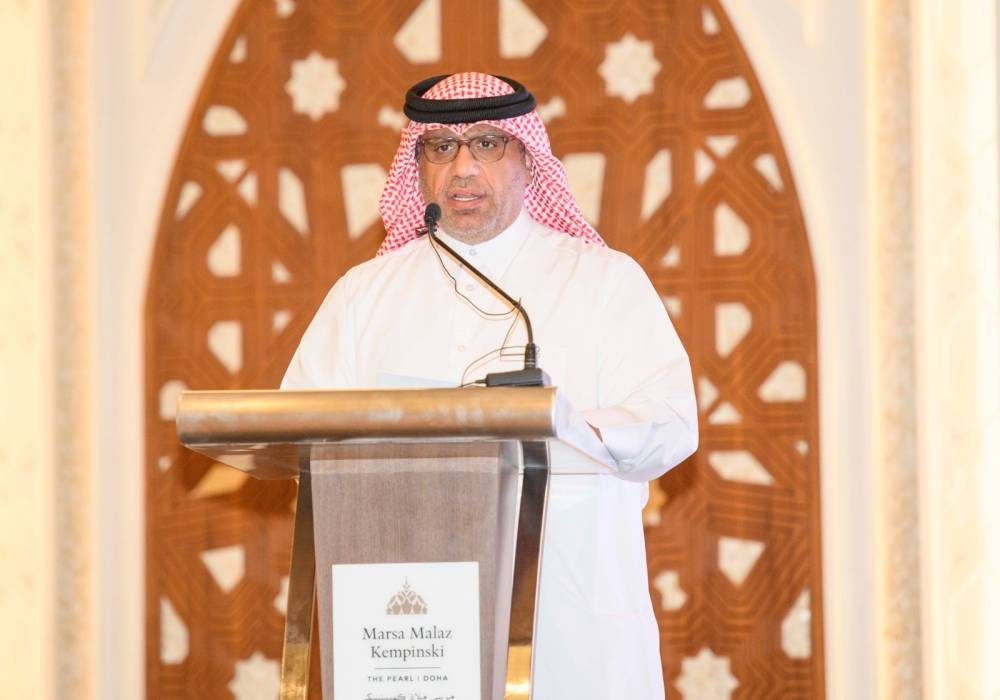The Conference on the Role of Civil Society Organisations in Combating Corruption kicked off Monday in Doha and discussed the anticipated role of these organisations in examining and uprooting this global phenomenon with its various manifestations.
The event discussed the preventive and remediation methods in combating corruption, as well as the successful experiences of some states in this field.
Organised by the Administrative Control and Transparency Authority (ACTA), the conference discussed the notion of corruption, its forms, and causes, as well as its impact on communities, along with the legal underpinnings of the role undertaken by civil society organizations in combating this phenomenon, stemming from the texts of international, regional, and local conventions and charters.
The event discussed combating mechanisms, ways to bolster integrity and transparency, and implement good governance and management, in addition to the challenges facing civil society institutions in boosting integrity and combating corruption.
Addressing the inaugural session of the conference, President of ACTA, Hamad bin Nasser al-Misnad, said the convention comes concurrently to mark International Anti-Corruption Day, outlining that corruption is a menacing phenomenon that has adverse impacts on the economy of many countries because it poses a crime that threatens social security and undermines development, stability, and progress.
Due to the danger corruption poses to the international community, most world countries stepped up their efforts to unify the official international efforts, in collaboration with the NGOs and civil society organisations to decisively counter the corruption crime, he added, stressing that state institutions cannot solely combat corruption individually away from communities, because the matter requires intervention and help from civil society organisations.
Al-Misnad indicated that the existence of powerful, effective, and independent civil society organisations remained one of the most crucial anti-corruption mechanisms, among the indicators that gauge countries' advancement and progress, as these mechanisms play integrated roles with those undertaken by the state, whether individually or through engagement with other states and governmental international organisations.
He emphasised that the mechanism plays a critical and influential role within the framework of activating the societal movement in combating corruption phenomenon, highlighting that the intervention of civil society organisations in anti-corruption mechanisms has a legal, regional and internal base, as most regional and international conventions stipulated in their provisions special articles pertaining to the engagement of these organisations in countering this phenomenon, such as the UN Convention against Corruption, and Arabic Convention for Combating Corruption.
Civil society organizations can perform their role in combating corruption through undertaking preventive and remediation roles, such as raising social awareness, preparing studies and research, coordinating with international organizations, exposing corruption crimes, as well as reviewing and enacting laws and legislations, Al Misnad outlined.
There is a strong belief in partnership with those organizations which is a core pillar to bolster integrity and transparency in a variety of public and private work spheres, and through this cooperation, expertise and knowledge are shared, he added, emphasizing that there is a determination to upgrade effective strategies that ensure eradication of corruption and promotion of transparency in all fields.




